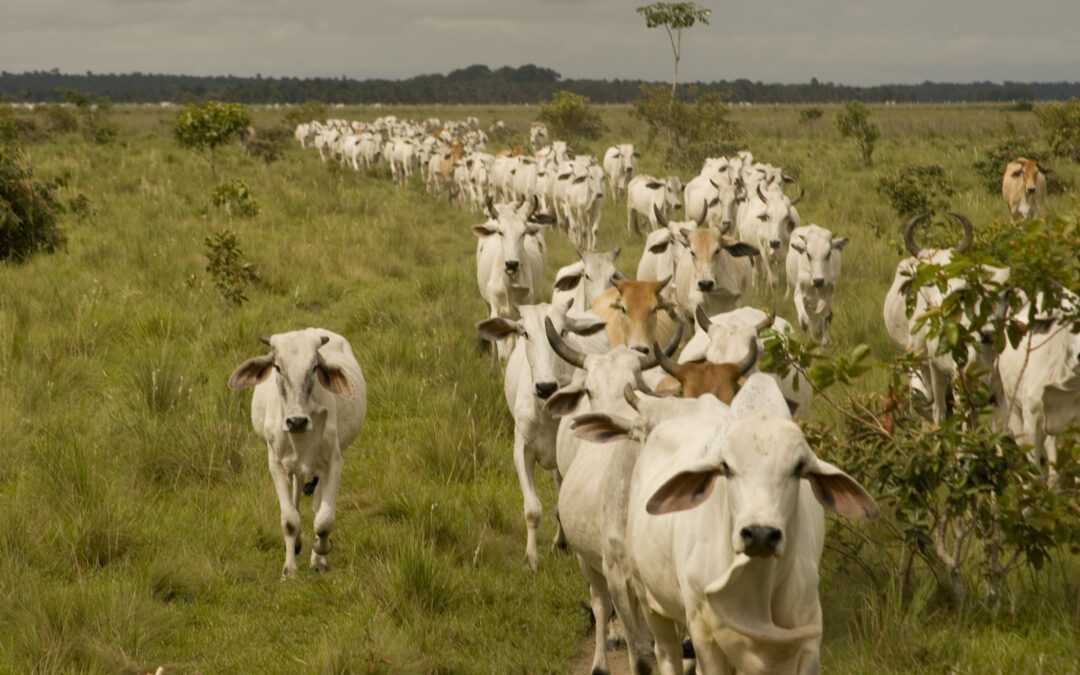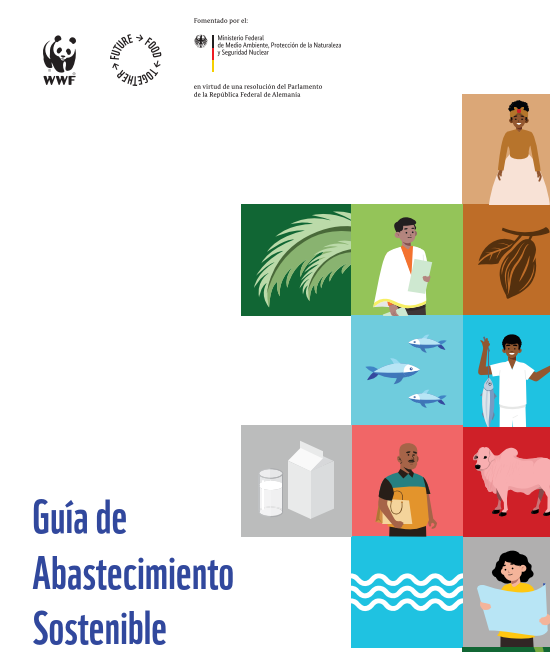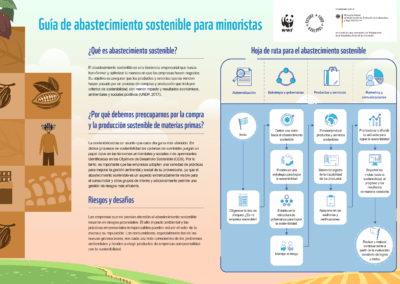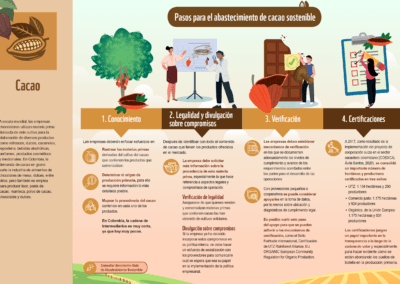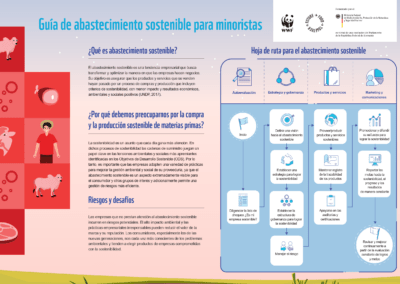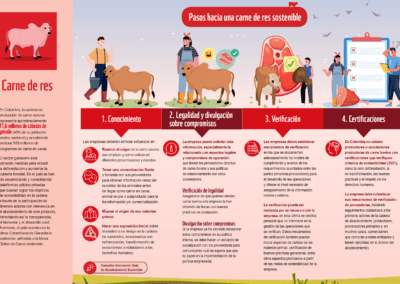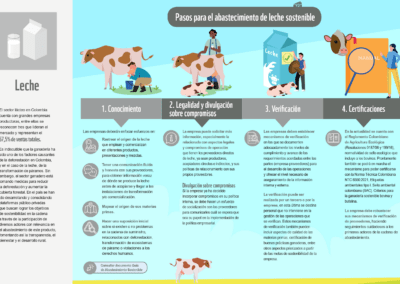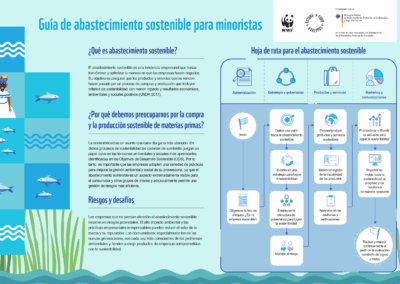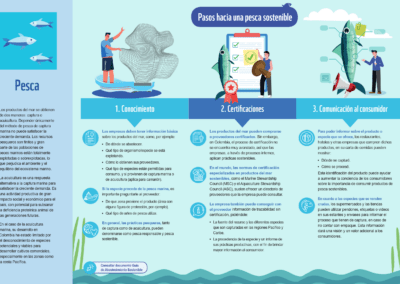Our Future Food Together Team in Colombia has developed a guide to support the private sector to transition towards more sustainable practices covering the commodities palm oil, livestock, milk, cocoa and fisheries.
Download the Sustainable Sourcing Guidelines here
What is sustainable sourcing?
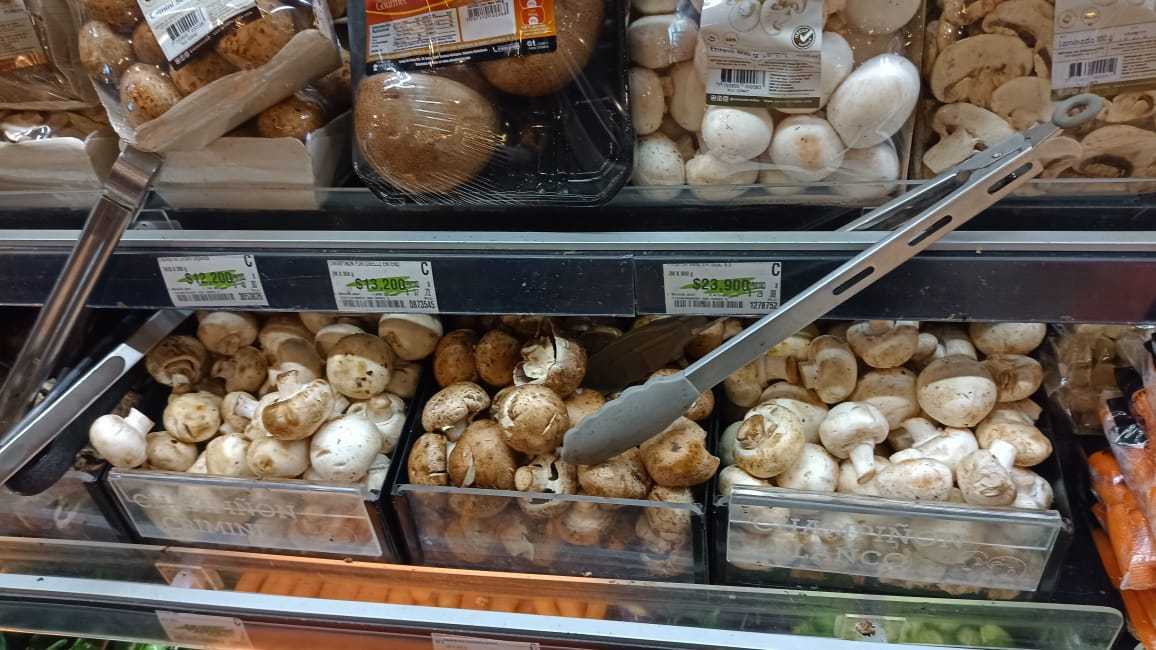
Why is sustainable sourcing important for the private sector?
The commodities palm oil, livestock, milk, cocoa and fisheries are included in the guidelines.
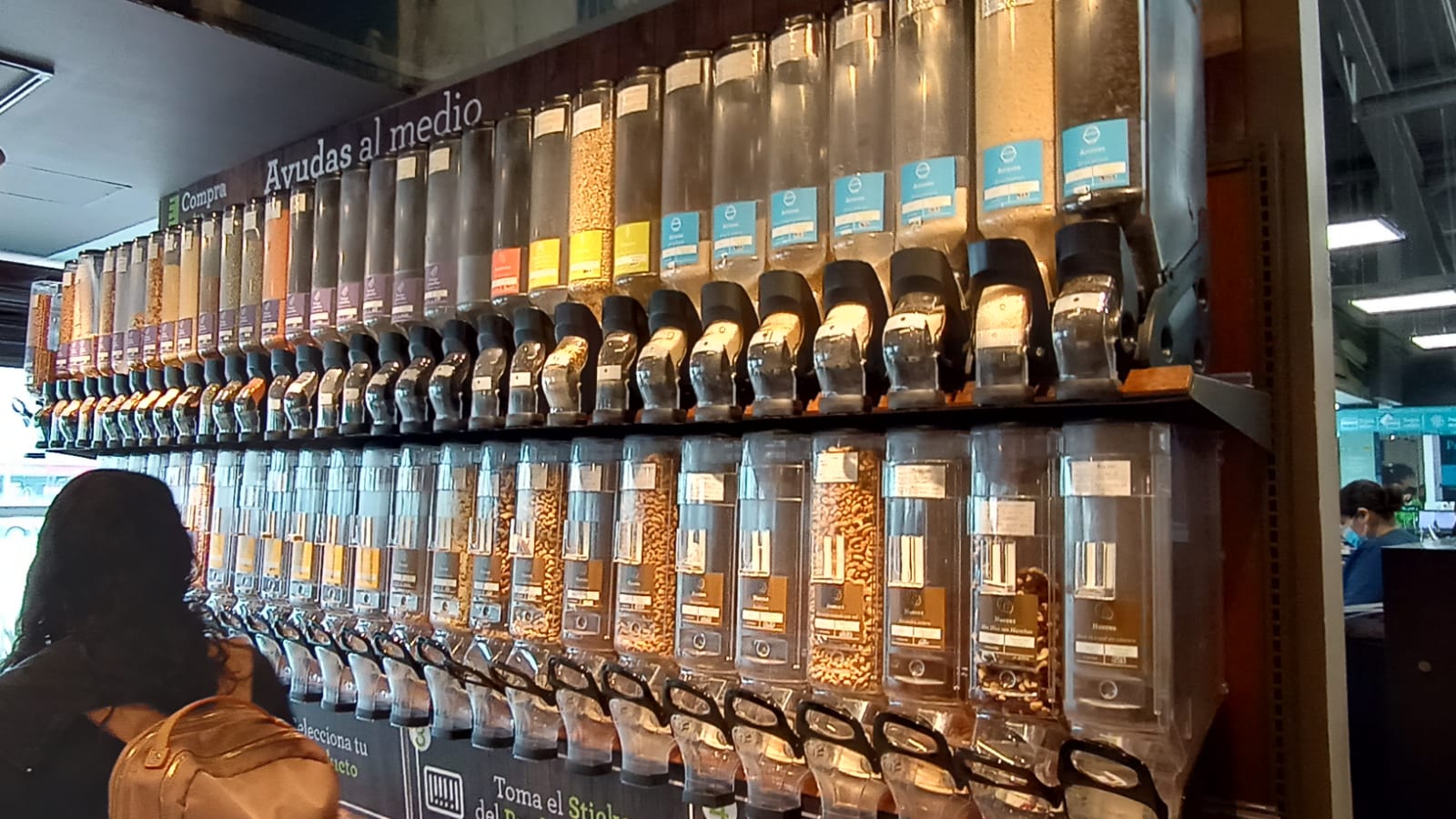
The guidelines include sections on knowledge, compliance and disclosure of commitments, verification and certifications for each of the commodities.
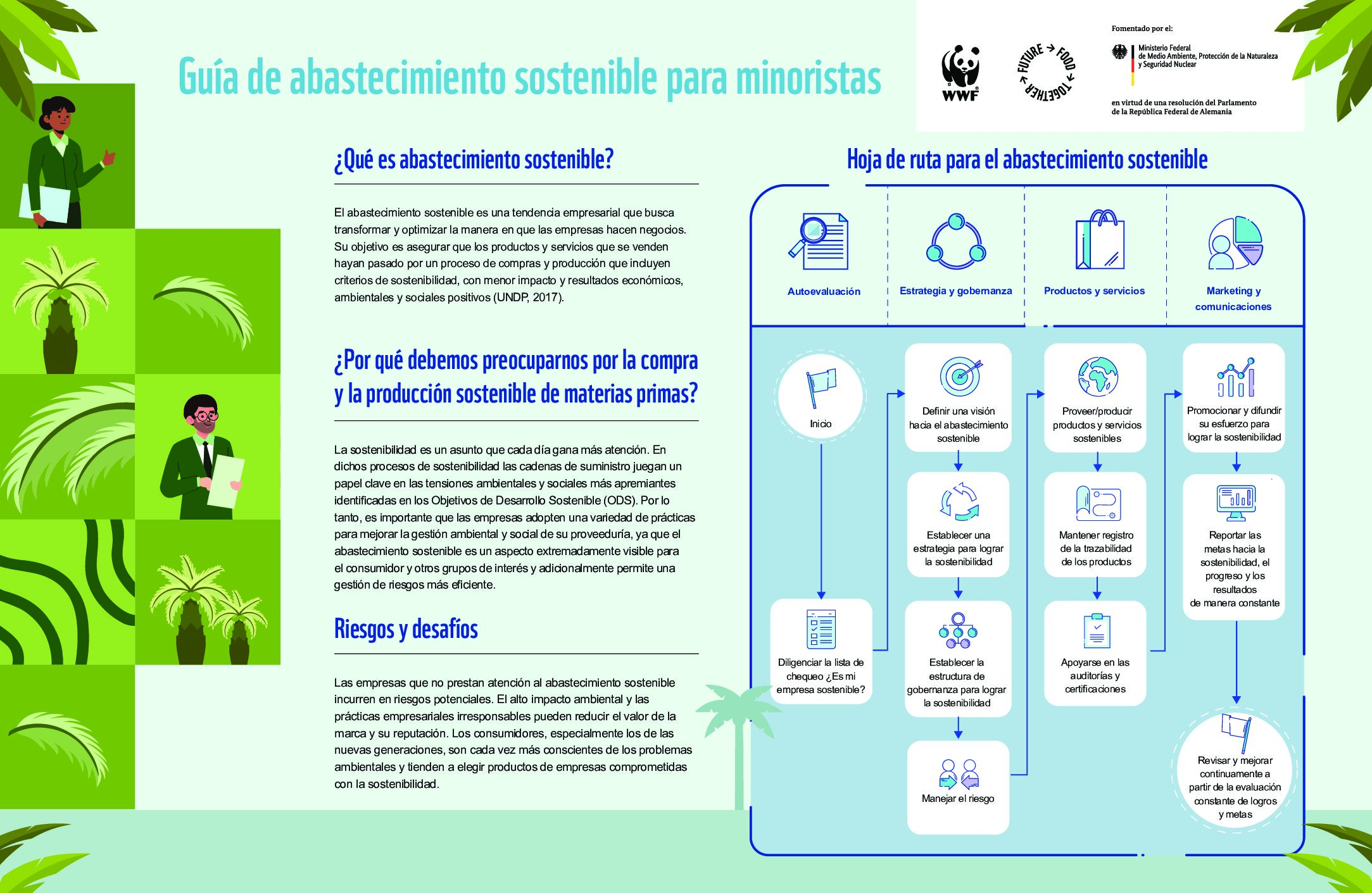
Sustainable Sourcing of Beef
With approximately 28.2 million head of cattle, Colombia has the fourth largest cattle herd in Latin America. The majority of the livestock are kept in traditional and extensive grazing systems, grazing in broad areas with low stocking rates per hectare. The livestock industry in the country is taking steps to stop deforestation and increase the amount of forest cover. In order to achieve this, a multi-stakeholder group, including producers, retailers, restaurants and others, is working together, which is headed by the Ministry of the Environment. The Colombian Roundtable for Sustainable Livestock has been founded as well.
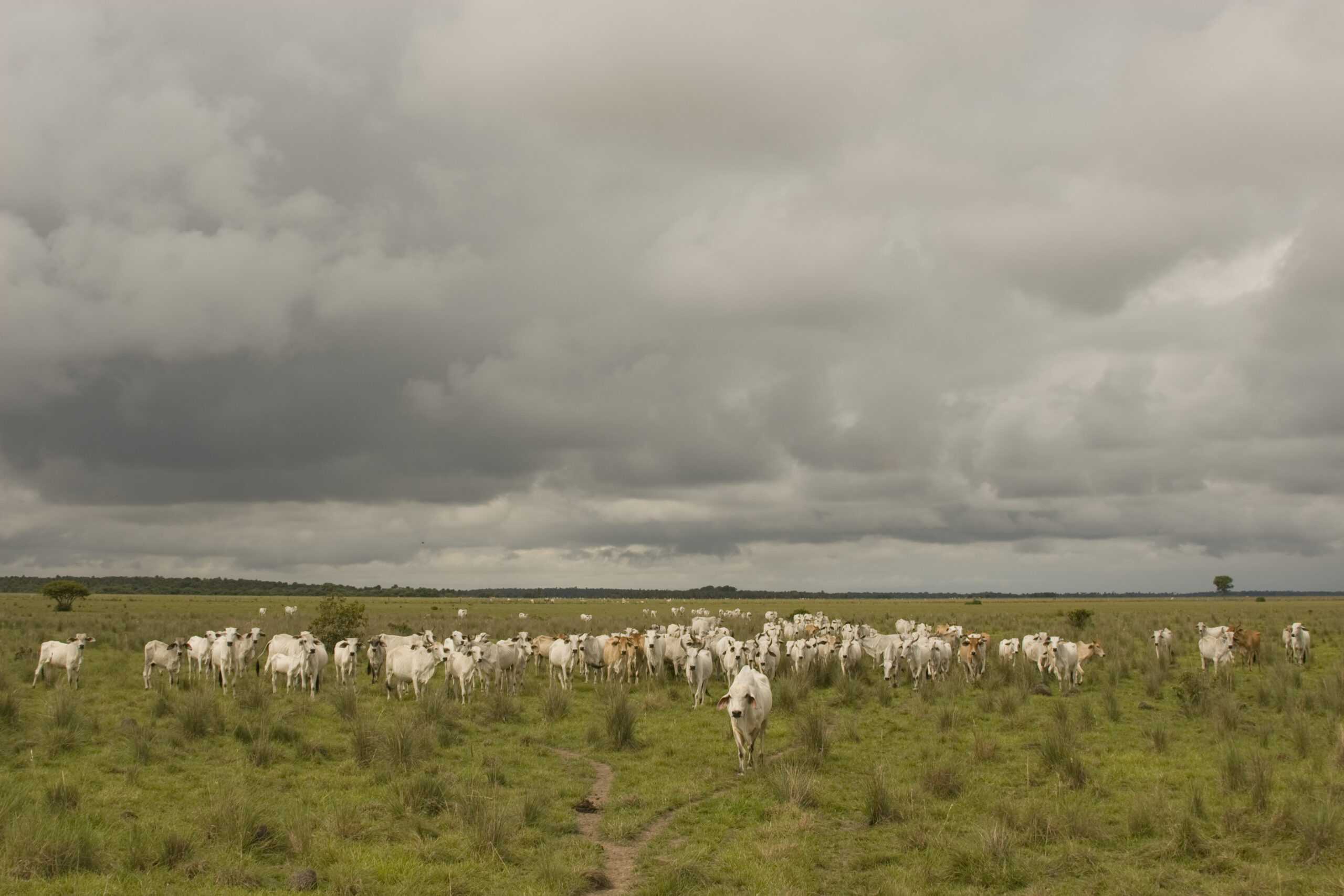

Interested in more on our work in Colombia?

